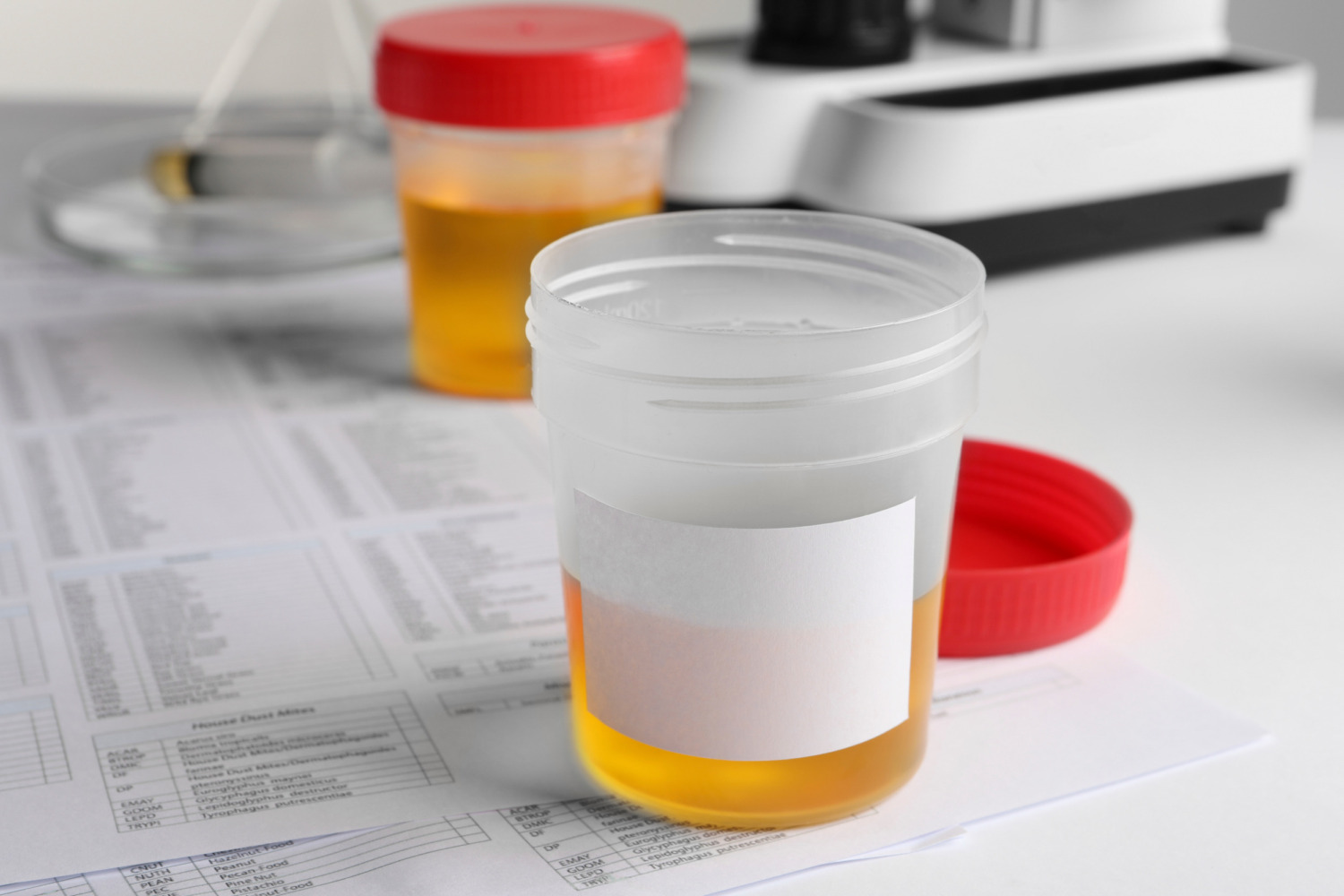A follow-up testing plan is an essential part of the U.S. Department of Transportation’s (DOT) drug and alcohol regulations, specifically for safety-sensitive employees returning to work after a substance violation. This plan, designed by a Substance Abuse Professional (SAP), ensures that employees who have previously tested positive or violated DOT substance regulations are monitored through unannounced, random testing over a designated period. Follow-up testing plans are crucial to maintaining workplace safety, employee accountability, and compliance with federal guidelines.
Key Components of a Follow-Up Testing Plan
Once an employee completes the initial evaluation, recommended treatment or education by a SAP, and a follow-up evaluation, they must undergo a return-to-duty test. Passing this test, however, is only the beginning. The SAP then creates a customized follow-up testing plan, which includes unannounced tests over the course of one to five years.
The specifics of each plan vary based on the SAP’s evaluation of the employee, but DOT regulations mandate a minimum of six follow-up tests within the first 12 months following return-to-duty. Importantly, follow-up testing occurs in addition to any random testing already required by the employer. This approach ensures that employees remain free from substances while performing safety-sensitive duties.
Why are These Plans Essential?
- Enhancing Workplace Safety
For DOT-regulated industries—such as trucking, aviation, rail, and public transit—the consequences of impaired performance can be severe. Follow-up testing safeguards public and workplace safety by ensuring that employees who have violated substance policies are regularly monitored. By requiring follow-up testing, the DOT significantly reduces the risk of incidents related to substance impairment. - Reinforcing Accountability
A follow-up testing plan reinforces personal responsibility among employees. Knowing they could face a test at any time, employees have a strong incentive to remain substance-free. This structured approach helps individuals stay committed to sobriety and reinforces healthy, substance-free habits in the workplace. - Supporting DOT Compliance
For employers, adhering to follow-up testing plans is part of remaining compliant with DOT regulations. Employers who fail to implement or uphold these plans risk significant fines, loss of federal contracts, and damage to their reputations. By following SAP recommendations for follow-up testing, employers can demonstrate that they are committed to meeting DOT standards and maintaining a drug-free workplace.
How Employers and Employees Should Approach Follow-Up Testing
Employers are responsible for implementing the follow-up testing plan as outlined by the SAP, and they must handle this process with confidentiality and professionalism. Employees, in turn, should understand that follow-up testing is done under direct observation and is a critical step in rebuilding trust and demonstrating their commitment to safe and responsible work practices.
Both employers and employees can benefit from resources like SAP Referral Services to find qualified SAPs in their area. To learn more and get started today, contact SAP Referral Services today.
